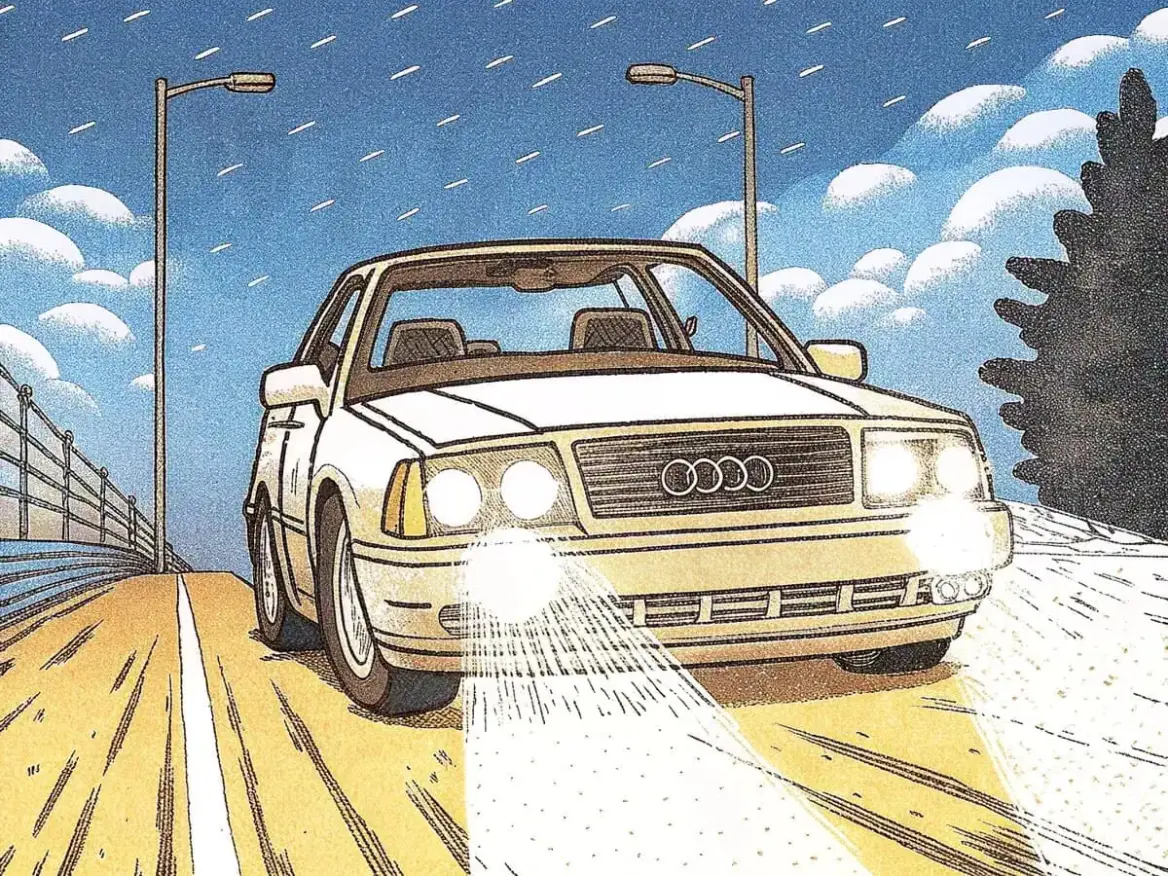A recent ruling by the EU Court of Justice confirms that Audi can act against grilles with a cut-out for the Audi logo. The case shows how trademark protection works and where the limits are for the use of markings on spare parts.
The automotive market has a brisk trade in accessories and repair parts for vehicles. A popular product in this market is grilles for cars, where some manufacturers make cut-outs in the shape of the image marks, after which the original image marks can be easily inserted.
In this case, GQ sold car grilles with a cutout exactly in the shape of the Audi rings. Audi, holder of the figurative trademark for the rings, initiated legal proceedings to ban these grilles from the market.
Audi vindicated
The ruling: Audi may crack down on grilles with cut-outs
The Court of Justice of the European Union ruled on the issue on 25 January 2024 and ruled in favour of Audi.
The crux of the case revolved around whether the affixing of a cut-out in the form of a figurative mark constitutes an infringement of trademark law.
The court ruled that because such a cut-out is very similar to the figurative mark, it can indeed be seen as use of the mark in the course of trade, which may be detrimental to the functions of the mark. As a result, Audi may take action against the sale of these grilles.
Discussion on scope of protection
The ruling evokes mixed reactions. Some consider it a far-reaching restriction on the after-market industry and point out that consumers should be free to customise their vehicles.
Others stress that Audi has invested years in the brand and logo’s prominence, and that third parties should not be allowed to simply profit commercially from this.
An alternative solution, such as a neutral cutout into which different logos could be clicked, would be less risky legally. Still, the attractiveness of brand-specific designs remains high, which makes this ruling relevant to the market.
The wider implications for brand protection
When large companies take legal action against smaller parties, it sometimes seems that they are being unnecessarily harsh on them. Yet trademark enforcement is essential: if companies do not act, similar products can multiply and weaken the protection of their trademark rights.
Moreover, what comes into play is protection of consumers – who often make choices based on a brand. In simple terms, if consumers buy an Audi-branded product, they also assume that the product is offered under the aegis of Audi and is therefore of Audi quality.
At the same time, this action raises another issue: the balance between trademark law and consumer interest. Trademark owners want to protect their investment – understandably so. But if that protection is applied too broadly, it can come at the expense of choice and competition, with consequences for price, innovation and consumer availability. Put simply, consumers are looking for Audi quality, but also the lowest possible price.
The ultimate consideration lies with the courts: is enforcement necessary, or does it go too far and impede fair market forces?
Risks in spare parts
For companies that sell aftermarket products, this case suggests that trademark use in accessories and spare parts can carry legal risks. Trademark owners can and will take action against designs that they believe detract from their brand
Apart from this, there are also separate (national) regulations for car parts. For manufacturers of such parts, it is crucial to seek legal advice in advance. Designs without specific markings or with adaptable fastening systems can be a way to avoid conflicts.
Conclusion: a careful balance between protection and market forces
This ruling highlights how important it is for brands to protect their intellectual property. At the same time, it shows the challenges for companies in the aftermarket industry, where product modifications sometimes balance on the border of trademark infringement.
An effective brand strategy requires careful consideration. Companies in a similar situation would do well to analyse their legal position early and adopt a thoughtful strategy to mitigate risks. In case of questions: Call Good Law!
ADDITION, December 2024
November 2024 saw an amendment to the European Designs Regulation regarding repair parts, known as the repair clause.
This clause is an exception to design rights for components of complex products (such as cars) used for repair purposes. Specifically, design protection does not apply to components produced and sold for the purpose of restoring a complex product to its original condition.


